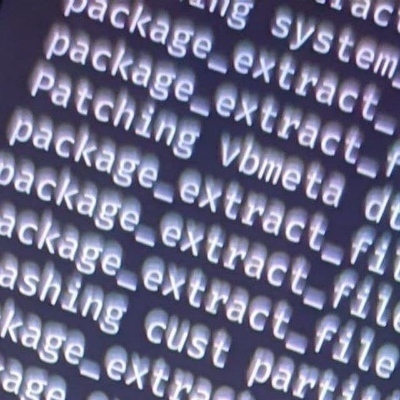Switzerland mandates all software developed for the government be open sourced
Switzerland mandates software source code disclosure for public sector: A legal milestone
Good. Now try ODF, to have a choice aside from MS Office.
bites lip, damn Switzerland…. that is hot as fuck
There going to face a whole bunch of compatibility issues when dealing with other countries imho. However, i personally find this to be a good thing. Its at the very least a strike at the heart of big systems controlling the masses.
Open Source code for Science/Mathematics/Medicinal related fields 👍
Open Source code for Security/Social Media/Psychological related fields 👎
Security shouldn’t be based on ofuscation but on a good cryptographic algorithm concept.
Wwwaiiiiiittt… So does this mean OS too? Is an entire country switching to the dark side? Linux, I mean Linux
“Windows wasn’t developed for the Swiss government, it was developed for the general public and we adopted it off the shelf.”
Found the Swiss, can’t even take a joke¡
the right side
Now there is some common sense.
All governments should take notice
That’s a very surprisingly amazing thing of them!
Nice, so everyone will see the shitty code used by the administration
As opposed to what?
That’s disappointing, they should mandate obligatory WhatsApp use country wide.
please tell me this is a joke
I wonder how this will impact us infrastructure types. I am sure there must have been an exception to the rule at least once in my career but I can’t recall any, code I have made for all governments has been open source and if you lost it somehow I would just email it.
My only concern would be the systems that my code runs on top of won’t be willing to share. It is one thing to demand it from me, another to demand it from Siemens. Then you add in very low level code for individual devices such as VFDs
I guess the nightmare would be that PLC/DCS/VFD makers would basically be blacklisted and I would have to work around that fact.
My only concern would be the systems that my code runs on top of won’t be willing to share. It is one thing to demand it from me, another to demand it from Siemens. Then you add in very low level code for individual devices such as VFDs
It is about code they pay to create…
Hmm seems to be pretty easy to get around the rule.
common switzerland W

This doesn’t seem like a big deal?
The fact the code is open sourced is much less significant than the fact now the Swiss government will need to negotiate complete ownership of any software they commission.
That’s going to make things more expensive for them, and limit the vendors prepared to work with them.
Their systems, their call 🤷♂️
At least for ASTRA, for software developed in their projects that’s already the case. Frameworks etc. used are not covered, but all source code for PLC and SCADA are theirs and you’re required to hand over all code as part of documentation at the end. As a zip on a USB key, never to be looked at again.
Wtf is even “ASTRA”
the fact now the Swiss government will need to negotiate complete ownership of any software they commission.
I can’t find it
No, that is counter intuitive. It may appear more expensive at first, but on the long run it is a lot more cheaper. It avoid vendor lock-in, recurring increase of dev costs and licensing and lots of other plagues of closed proprietary development like blackbox development and justification of hidden complexity as a driving factor on costs. I worked with legacy closed proprietary sw development and lock-in combined with legacy complexity made man-hour costs exorbitant. These are partially solved by open-sourcing, as kicking out a team and putting a new one is easier, but most importantly transparency as a driving factor on quality of development.
Switzerland being based af ngl 😎😎😎
Everything about this post is annoying.
Switzerland be W Rizz Skibidi af ngl 🤪








